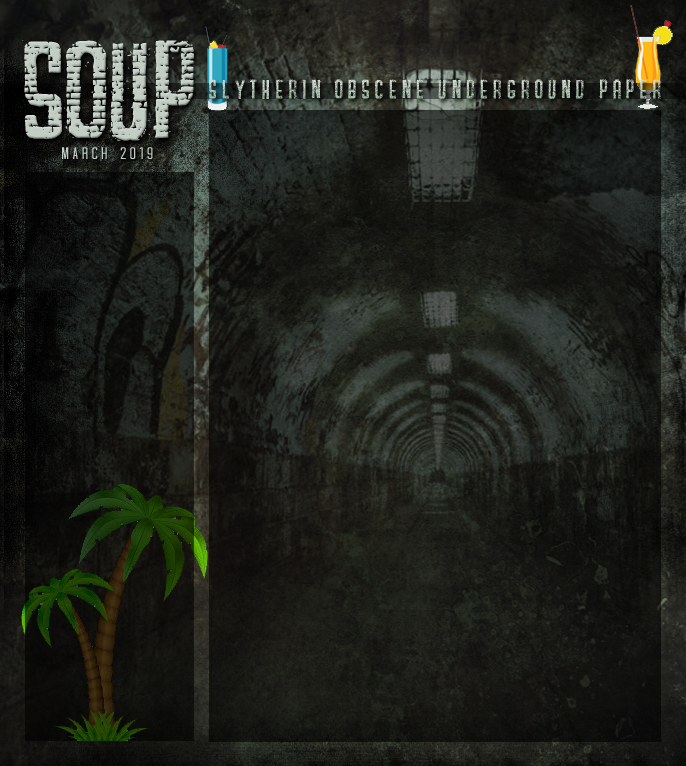Jamaica. A vibrant land of rich culture and an even more vibrant music scene. This lush landscape of mountainous regions, rain forests, and reef-lined beaches, which is home to all manner of species of exotic animals and cultures, is also a melting pot of musical styles. As I sit, relaxing on a beach with a cold adult beverage, my mind has begun to wander to the fascinating music scene here. Jamaica is known for many different genres of music including reggae, Jamaican dub, dancehall, rocksteady, and many varieties of reggae fusion genres. These genres have traveled the world through immigrants traveling to other countries and visitors happening upon these enchanting sounds.
With these countless bands and sounds, my mind touches on one in particular: ska.
Ska began in Jamaica in the 1950s and led to the formation of both rocksteady and reggae. Ska originally fused from elements of Jamaican mento (which is a type of Jamaican folk music) and American jazz and rhythm and blues. Ska is characterized by a walking bass line (which is a bass line that uses quarter notes accented on the off beat. Sort of like the sound of walking feet).
It is noted to have been the dominant genre in Jamaica in the early 1960s when acts such as Prince Duster and Duke Reid began forming sound systems for American rhythm and blues and then began making their own music.
There are multiple theories on the origins of the word ska. Ernest Ranglin claimed that the term was coined by musicians to refer to the "skat! skat! skat!" guitar strumming. Some say that at a recording session in 1959 produced by Coxsone Dodd, double bassist Cluett Johnson told guitarist Ranglin to "play like ska, ska, ska". Ranglin has denied this, though, stating "Clue couldn't tell me what to play!"
Further theories suggest the word evolved from Johnson's word skavoovie which he used to greet his friends, while other musicians insisted certain musicians called the rhythm Staya Staya!
Ska is divided into three periods, or waves: the original scene of the 1960s, the 2 tone scene which was a mixture of punk rock and new wave which had a heavier, faster feel. The third wave began around the 1980s with places such as America, Japan, South America, and countries within the UK.
Ska today is eclectic, ranging from the more punk rock side of the world to the more classic side of things. Some notable bands are The Specials, Streetlight Manifesto, Catch 22, Less than Jake, The Mighty Mighty Boss Tones, and Mustard Plug.
When you listen to ska you notice it is a genre that feels very familiar yet completely varied. I suggest the genre for anyone looking for a fun, energetic genre to party or dance to.
With that being said, I have a drink to get back to.
This has been Mordecai Hestrache reminding you to let the music touch your soul. Keep on rockin'.
